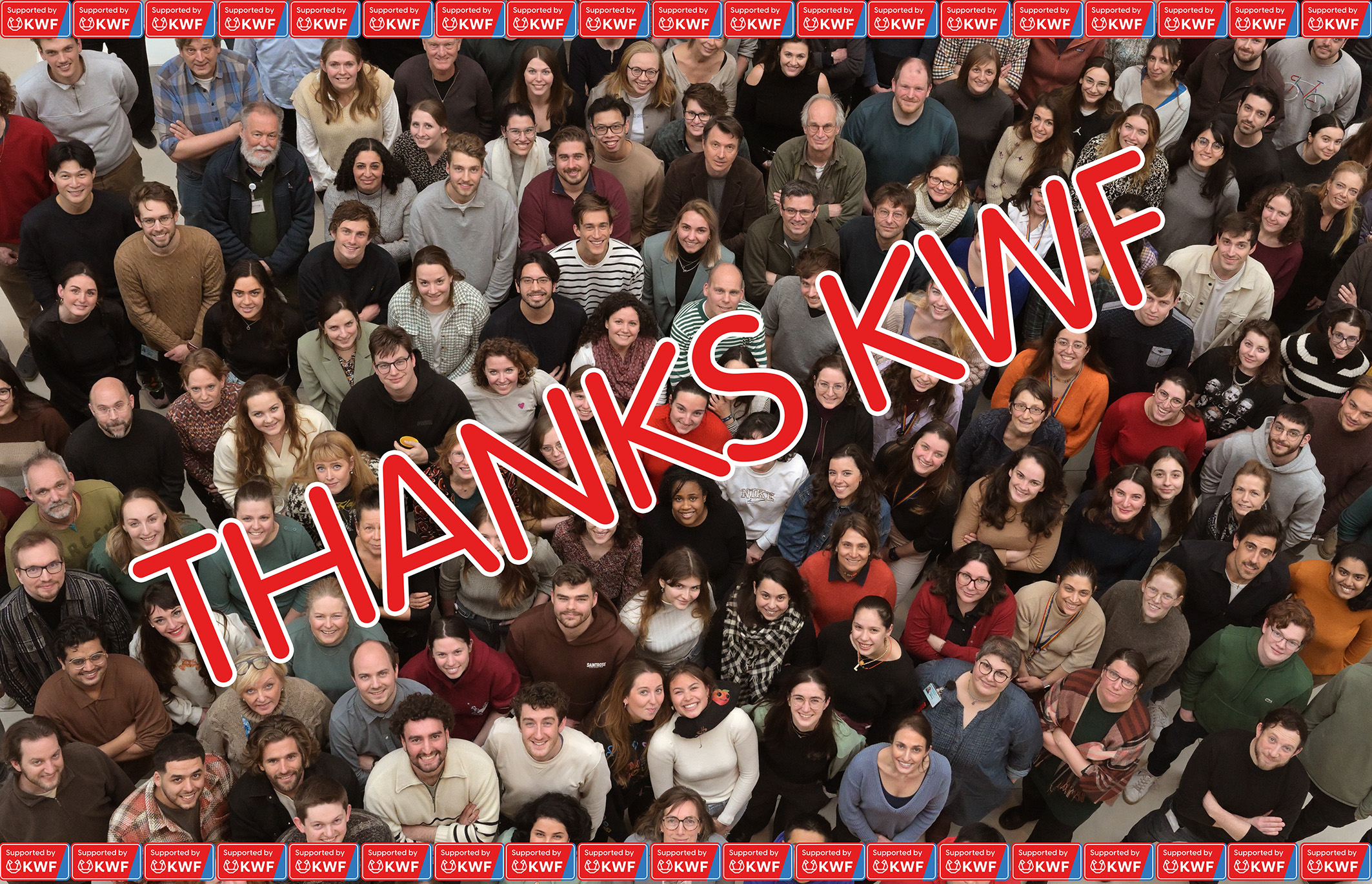Scientists led by group leader Karin de Visser are investigating how a common genetic mutation in breast cancer suppresses the immune system. They are also investigating how medicines targeting these mutations can improve the effectiveness of immunotherapy. The goal is to develop more personalized treatments.
Researcher Krijn Dijkstra received a Young Investigator Grant to find out why immunotherapy only works for some patients. He uses lab-grown mini-tumors to study how different groups of cancer cells work together, and which substances they use to block the immune system.
Cancer often develops when DNA becomes unstable. Group leader Jacqueline Jacobs will study which genes play an important role in this process, with a focus on damage to the ends of chromosomes. By understanding how genome instability arises and how cells handle it, Jacobs and her colleagues aim to develop new treatments that can kill cancer cells by increasing this instability.
Researcher Julia Houthuijzen will investigate how specific genetic changes in cancer cells affect connective tissue cells. These cells, also known as fibroblasts, are part of the tumor environment and can either promote or inhibit tumor growth. This research plays an important role in improving breast cancer treatments.
Liver cancer is hard to treat because of the large differences found within tumors. Researcher Serena Vegna investigates how dormant cancer cells and their interaction with immune cells affect the tumor environment. The researchers hope to develop new therapies that can make better use of these processes.
Group leader Fred van Leeuwen wants to study how a protein called DOT1L can reprogram immune cells called T cells. T cells are a crucial factor in attacking tumor cells, but their activity can decrease. By understanding how DOT1L works, they hope to strengthen T cells so they can fight cancer cells more effectively.
Alpe d'HuZes funds the projects of Karin de Visser, Krijn Dijkstra, Fred van Leeuwen and Serena Vegna.
